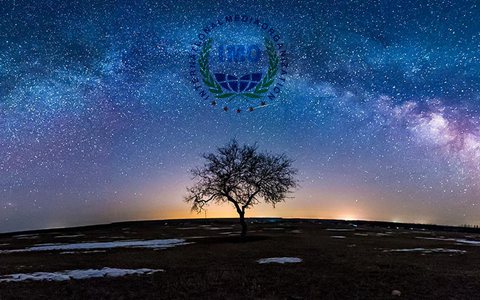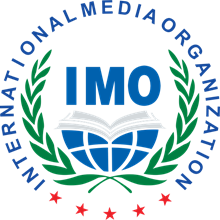Paris, 14 December—Lack of funding is hampering the development and implementation of marine research and its valuable applications, according to the Second Global Ocean Science Report, published by UNESCO’s Intergovernmental Oceanographic Commission (IOC), ahead of the United Nations Decade of Ocean Sciences for Sustainable Development 2021-2030.
On average, States devote only 1.7% of their research budgets to sciences of the ocean (0.03% to 11.8%, depending on the country), much less than they spend on other major scientific fields. This is incomprehensible considering the fundamental role of the ocean in regulating the climate and its rich biodiversity.
Moreover, discoveries in oceanography feed almost all sectors of the economy and society with applications in medicine, in the preservation of biodiversity, and in the development of new industrial processes. Applications for climate change mitigation and adaptation account for the majority of patented oceanographic technologies.
Our knowledge of the oceans is a key element for the future of humanity Director-General Audrey Azoulay. “The Global Ocean Science Report 2020 underlines the essential role of ocean research and international cooperation for all key issues of the 21st century.
——Audrey Azoulay, UNESCO Director-General
The number of ocean science publications is increasing in Asia and, to a lesser extent, in North America and Europe. The most advanced countries are China, Japan and the Republic of Korea. Budgets for ocean science vary considerably from country to country and over time. For example, between 2013 and 2017, 14 countries increased their average budget, with the Russian Federation recording the highest annual growth (over 10%), followed by the United Kingdom and Bulgaria, while nine countries reduced expenditure, in some cases significantly, Japan, Ecuador, Turkey, Brazil and Italy among them.
Moreover, while the international community committed to controlling the exploitation of ocean resources by 2030 in line with Sustainable Development Goal 14 of Agenda 2030, few have defined strategies to achieve this, the report points out.
The report highlights an increase in international collaboration among oceanographers and calls for the strengthening of South-South and North-South partnerships. Innovation, complemented by technology transfer, must play a fundamental role in helping developing states achieve sustainable marine and fisheries resource exploitation.
In terms of human resources, the report also highlights the crucial need for training in the various areas of ocean management. It notes the under-representation of women, who account for 39% of all oceanographers, an increase compared to the previous report, and 6 points higher than the percentage of women in the natural sciences overall. This average nevertheless hides great disparities between countries, for example, women make up 63% of oceanographic researchers in Croatia, compared to only 12% in Japan.
World oceanography also needs to be rejuvenated, even if here again there are considerable national disparities. Finally, the report indicates that States are not sufficiently equipped to manage their information, which hinders free access. The sharing of data, as a common good of humanity, should be among the priorities of the United Nations Decade for Ocean Sciences, in relation to UNESCO’s work towards an international legal instrument on open science.
The Intergovernmental Oceanographic Commission of UNESCO considers that the next report, due to be published in 2025, should include an evaluation of the impact of COVID-19 and pandemics on the human and technical capacities of ocean sciences. It will also provide a mid-term review of the Decade of Ocean Sciences.
Ocean sciences encompass all research disciplines related to the study of the ocean: from physics and chemistry to the social sciences and humanities, biology, health, geology, hydrography, and more broadly all multidisciplinary research on the links between humanity and the ocean. The first Global Ocean Report was published in 2017.


